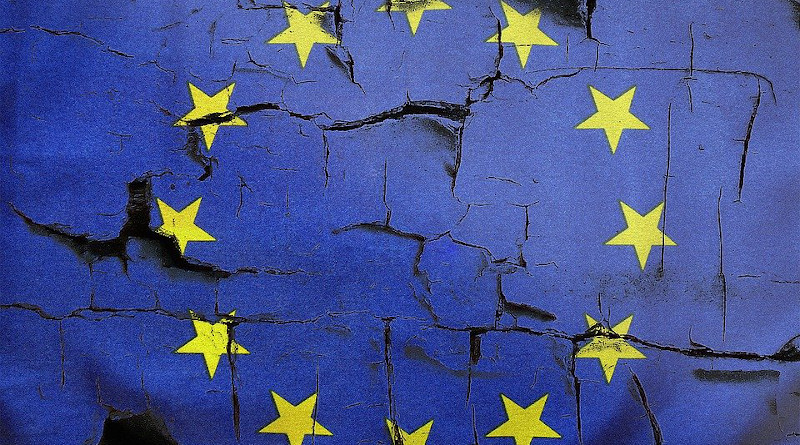


Political tensions are escalating in Europe and the US, with a nascent counter-revolution gathering. The recent European Parliament (MEP) election outcomes may signal a substantive change in the political landscape. The western 'Power Structures' are facing challenges to their dominance, and they may respond by doubling down on their control. The US, disconcerted by the European election results, may escalate military tensions with Russia to divert attention from internal cracks. The mutiny in Europe stems from the realization that the western ruling structure is an illiberal control system disguised as liberalism. The roots of this illiberalism can be traced back to the 1970s and the influence of figures like Zbigniew Brzezinski and David Rockefeller. The ruling strata is unlikely to compromise and will perceive any challenge to their dominance as existentially threatening. The Israeli-Palestinian conflict has the potential to worsen and become part of a wider geo-strategic war [d2a2604e] [828ccd48].
The recent uprising in New Caledonia holds deeper meaning for US strategists. New Caledonia, an archipelago in the South Pacific, is still in turmoil, even after French President Emanuel Macron's emergency visit. The unrest was sparked by a law to give voting rights to recent immigrants, alienating the indigenous Kanak people. American strategists need to keep in mind New Caledonia's historical role as a key anchor in the US fight during World War II. Rushing into battle in the Western Pacific without due preparation, for example, to 'rescue' Taiwan, could be disastrous. The instability in New Caledonia also reminds strategists to have a healthy respect for Asian nationalism and to approach the region with greater humility, realism, and restraint [3028afc9].